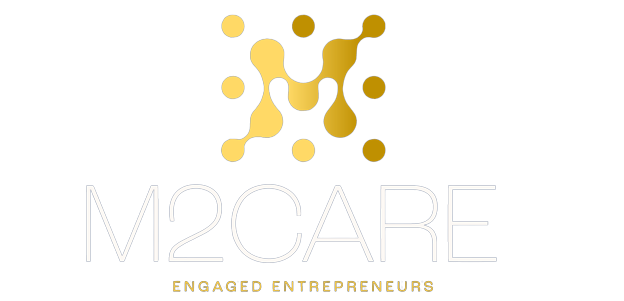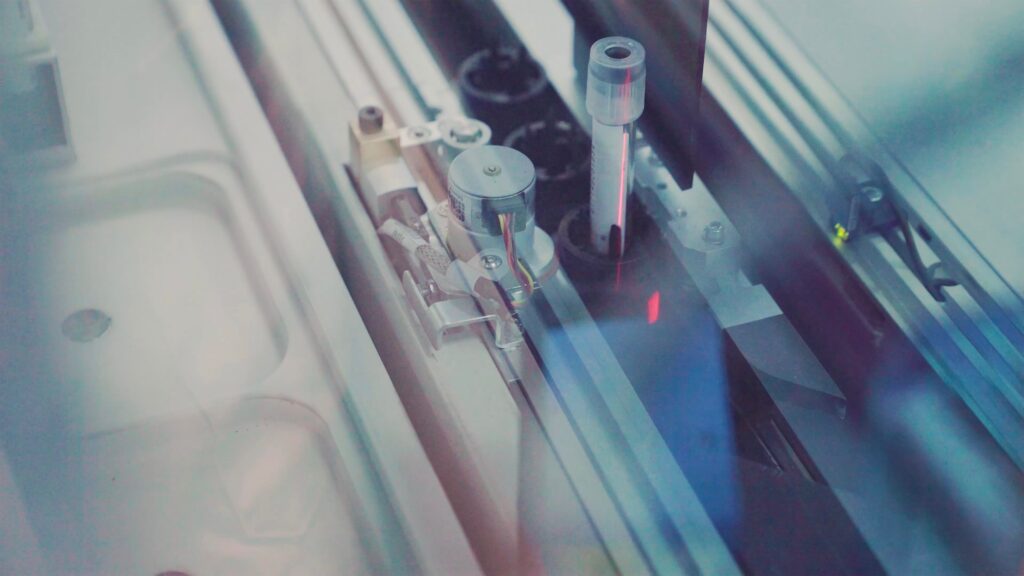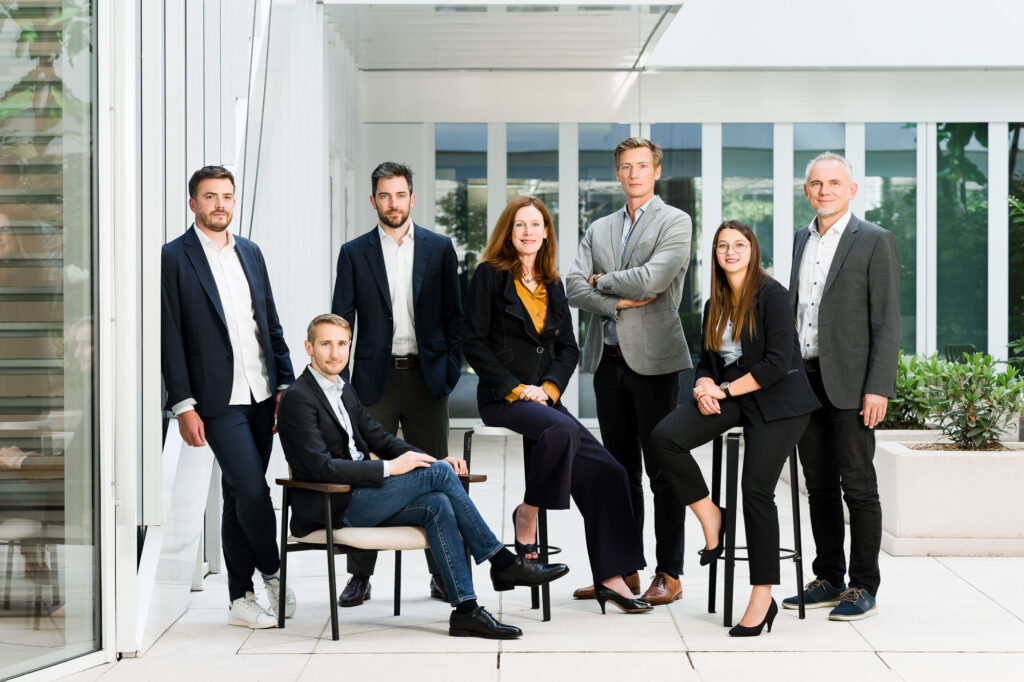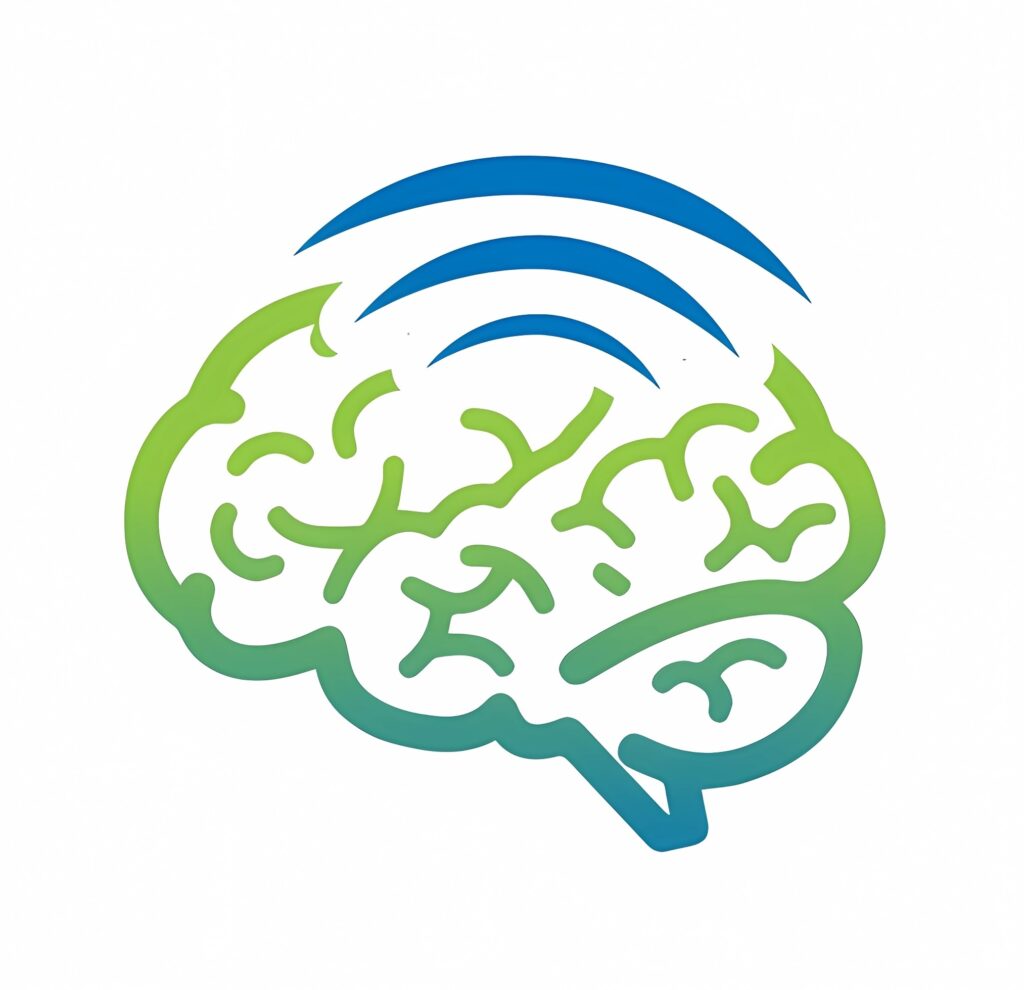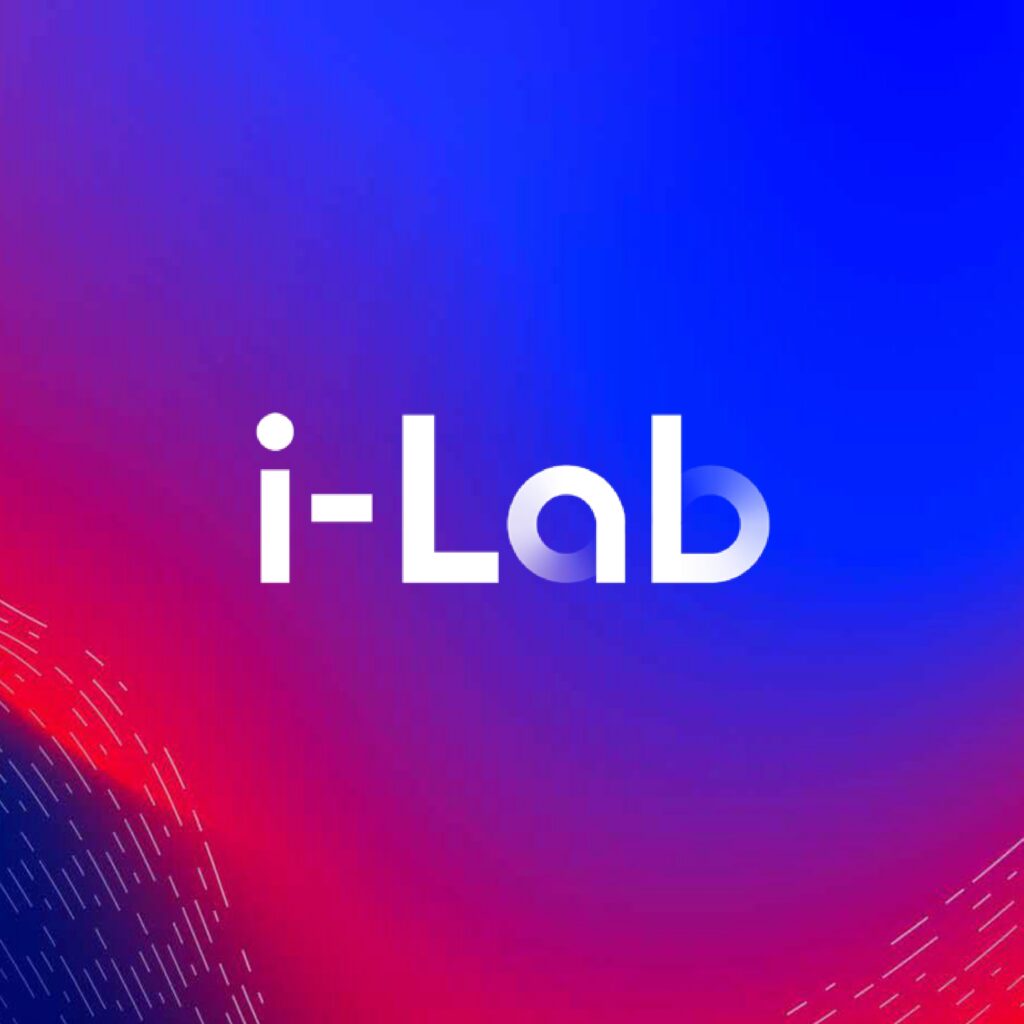From one end of the chain to the other, the innovation ecosystem in healthcare is comprised of numerous actors who bring value to new therapeutic or diagnostic solutions. It can sometimes be difficult to navigate this ecosystem. We offer an overview to better understand the role and value of each actor.
Academic laboratories and hospitals, breeding grounds for healthcare innovations
Upstream, academic research laboratories, as well as university hospitals, are often the source of scientific and technological discoveries that will improve patients’ health. Due to their constant contact with patients and caregivers, healthcare facilities are where medical needs are best qualified and sometimes resolved.
Research valorization, the bridge between invention and innovation
To identify and qualify these inventions, technology transfer and research valorization organizations act as intermediaries between academic laboratories and businesses. Whether organized at the national level, such as Inserm Transfert or CNRS Innovation, or at the local level with Technology Transfer Acceleration Companies, these actors are key in the value chain. They ensure the protection of industrial property and fund the first proof of concept in environments representative of their final use. This maturation of technologies promotes further development within businesses and startups.
The first supporters of startups
Incubators and accelerators are crucial organizations for young businesses, providing valuable advice and guidance for their structure and development in the years following their creation. These organizations can facilitate connections with strategic partners or find investors, whether in the form of business angels or investment funds, who can provide the capital needed for preclinical and clinical development. Additionally, these organizations can help find strategic partners for the development of the market and the company’s activity. Finally, they can provide valuable advice and information on products and services, as well as on the market and economic trends.
Startup studios, emerging hybrid models
Healthtech is a rapidly growing field in France. It relies on a rich ecosystem that promotes new technologies and the growth of startups in the industry. From research laboratories to patients, how does the healthtech ecosystem promote access to healthcare products and where does M2care fit in?
Straddling two categories of actors, a new class of actors is emerging in the ecosystem: startup studios. Like M2care, startup studios have both human skills and financing to de-risk projects and accelerate value creation. They intervene in the riskiest stages of startups’ development, sometimes even before their creation. Their contribution is a guarantee of quality for venture capital funds.
Money, the lifeblood of the industry
Whether for medical devices, diagnostic tools, or even digital health tools, development up to market launch requires heavy investment. Beyond the contribution of business angels and startup studios, high-potential startups rely on the investment capabilities of venture capital funds. Health-specialized funds include Mérieux Equity Partners, Sofinnova, Turennes Capital, Kurma Partners, Karista or in DeepTech like Supernova Invest, Elaia, as well as funds with a more regional footprint like UI/Sofimac, GO Capital, Kreaxi, or even later-stage funds like Jeito Capital, Anderra, Archimed… These actors support companies from their inception to their initial public offering or their acquisition.
Another actor is essential in financing and supporting innovation. This is obviously BpiFrance. Whether through support in subsidies and repayable advances, loans, or investment in the companies’ capital (notably through the Innobio 2 fund), BpiFrance has provided more than 500 million euros to healthtech companies in 2022.
From the laboratory to the patient’s bedside
The last links in the healthcare innovation value chain are healthcare facilities, particularly university hospitals, where numerous clinical studies on humans are conducted, which are essential for evaluating the safety and efficacy of healthcare innovations prior to commercialization.
The High Authority of Health as well as Regional Health Agencies (ARS) also play a crucial role in setting up and financing innovative experiments in healthcare. Article 51 of the social security programming law is a system managed by ARS to promote the experimentation of technological or usage innovations that contribute to improving the patient journey by simplifying funding rules. As for the innovation package led by HAS, it allows for a flat-rate financial coverage of medical technologies to promote access to healthcare innovations prior to their demonstration of significant medical-economic benefit.
Although complex, the healthcare innovation ecosystem presents a virtuous circle in which medical needs identified as closely as possible to patients and caregivers are satisfied by innovations created in laboratories, developed by startups and industrial companies, and often financed by investment funds. M2care, a startup studio specializing in healthtech, is at the heart of this ecosystem with the ambition of reducing the time it takes to develop these innovations.
